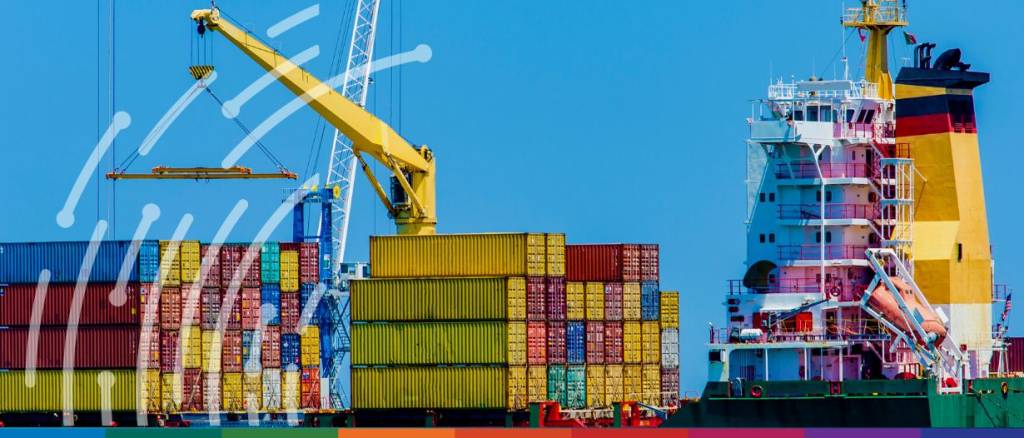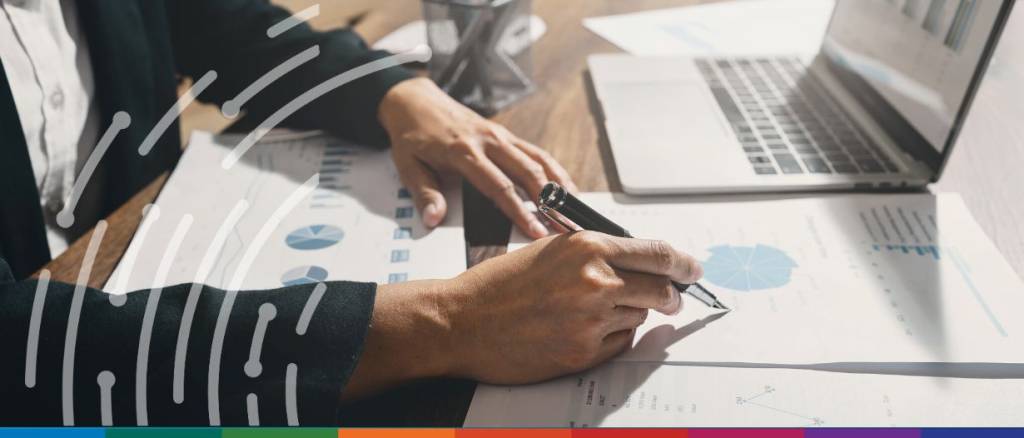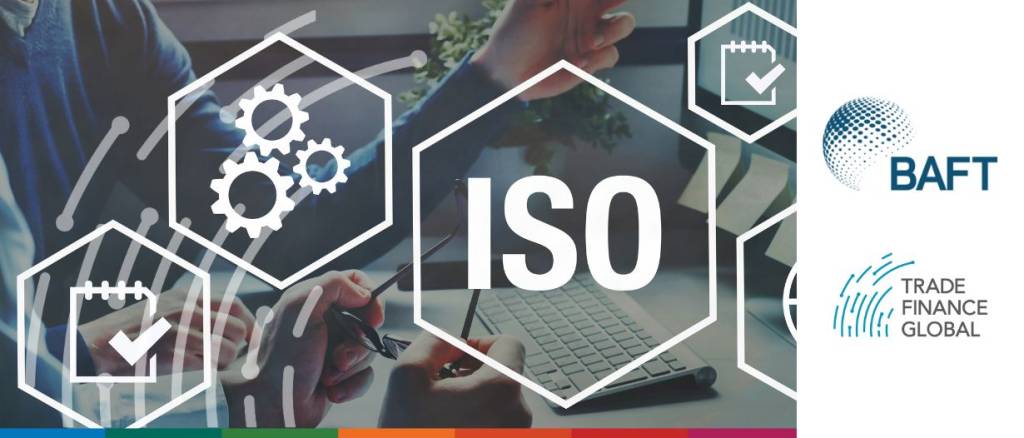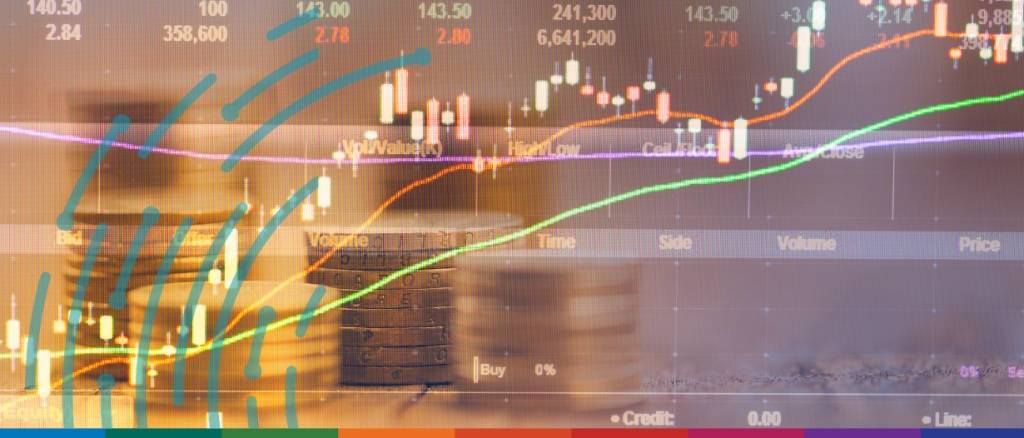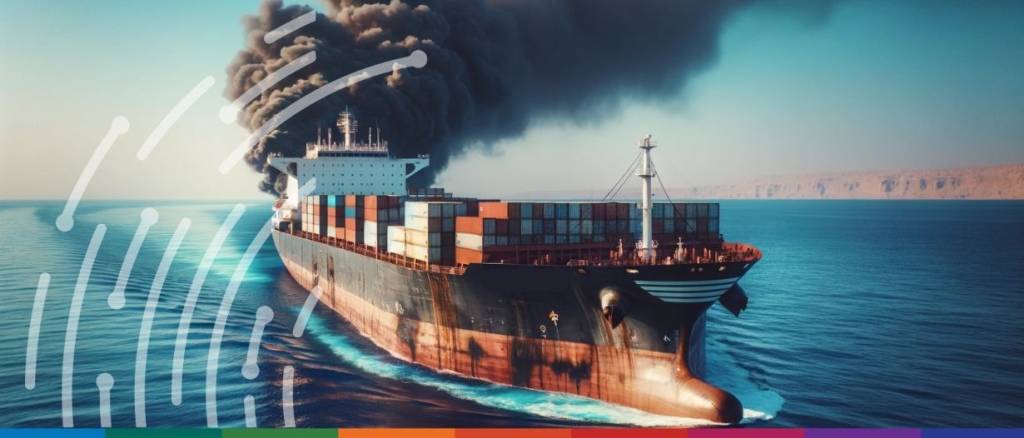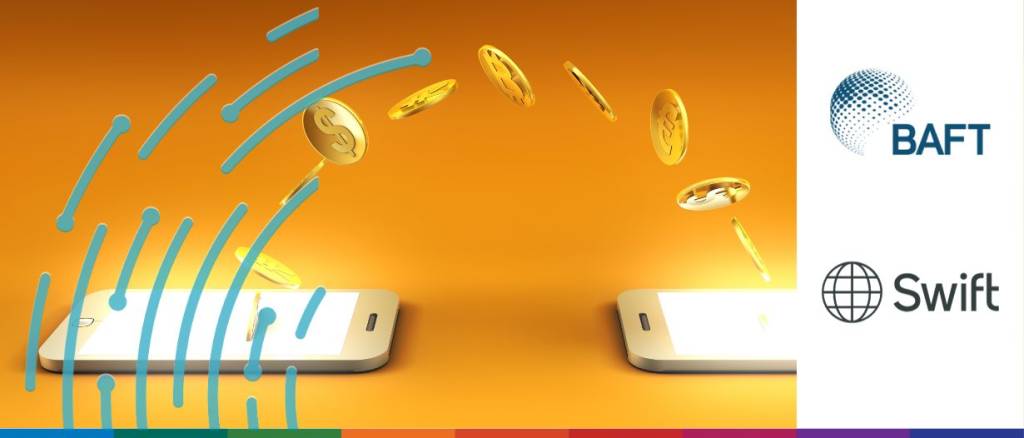Get your import & export processes right by understanding the key elements of Incoterms, Ex Works (EXW), common mistakes & best practices.
Non-oil exports drove economic growth in Oman in 2022. Learn how the government is promoting & supporting the export sector.
The Bankers Association for Finance and Trade (BAFT), a global industry association for international transaction banking, has released a whitepaper, “ISO 20022 Migration: Lessons Learned”, highlighting some of the critical lessons its members have learned while implementing this ‘new language of payments’.
The last couple of years have been rough for the economy as a whole and payments in particular. But recovery started building in 2023 and is expected to continue into 2024 — helped by a healthy dose of new technology.
What is the outlook for commodity trading in 2024? Marsh’s Aaron Bailey and Christopher Coppock provide their views.
To date, 12 shipping companies, in addition to numerous corporates, have suspended activities in the Red Sea, instead choosing to reroute their journeys around the Cape of Good Hope in South Africa.
2024 is set to bring about significant changes in finance and banking. Driven by a convergence of cutting-edge technologies, the industry-wide transition to ISO 20022, the rise of digital currencies, and innovative AI-powered solutions, the year holds promise for considerable advancements and enhanced alignment between fintech and traditional financial institutions.
In October 2023, Apple announced all its products will be ‘100% carbon-neutral by 2030’. This objective, in line with the company’s commitment, emerged following the establishment of partnerships with suppliers for ‘green aluminium’.
Due to long mining periods and overblown expectations, industries in the midstream lithium supply chain shoulder the most pressure and are the most fragile in the supply chain.
In order to reach the goals intended, a feasible plan must be designed. For that to happen, common sense must once again come to the table. There are three points to consider about the road to net zero.















